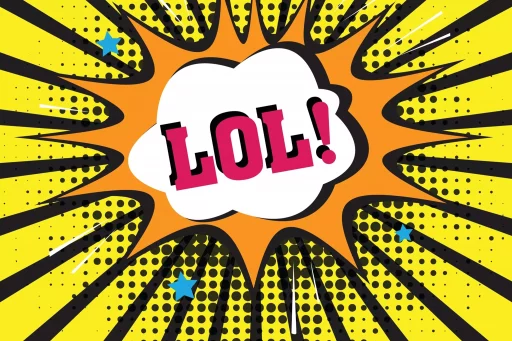Introduction to IDFK
In today’s digital communication landscape, acronyms and slang phrases dominate text messaging and social media interactions. One such acronym that has gained popularity is “IDFK,” which stands for “I Don’t F***ing Know.” This expression is often used to convey feelings of uncertainty, confusion, or frustration in response to a question or situation.
The Rise of Internet Slang
As our world becomes increasingly digital, the way we communicate evolves rapidly. Internet slang has seen a meteoric rise due to the acceleration of texting, instant messaging, and social media. According to a 2022 study by Pew Research Center, 90% of teenagers engage in text messaging regularly, which has played a pivotal role in the integration of slang into everyday conversations.
Understanding IDFK
“IDFK” is often used when someone feels overwhelmed by the complexity of a situation or when they genuinely have no idea about a certain topic. While it can be seen as informal and even crude due to the explicit word used, it effectively captures the candidness of digital conversations. Here are some common scenarios in which IDFK might be employed:
- Responding to a convoluted question: When someone asks a complicated question that stumps you.
- Expressing frustration: When someone inquires about a situation that seems out of your control.
- Lack of information: When you genuinely have no knowledge or insight on a topic being discussed.
Examples of IDFK in Texting
To better demonstrate how “IDFK” is used in real conversations, consider the following examples:
- Friend 1: “What do you think about that new movie?”
Friend 2: “IDFK, I haven’t seen the trailer yet.” - Colleague: “Why is the client upset with us?”
Employee: “IDFK, we did everything right.” - Family Member: “What are we having for dinner tonight?”
Teenager: “IDFK, ask Dad!”
Case Studies: The Impact of Slang in Communication
Slang and abbreviations like “IDFK” can significantly affect communication dynamics. A study published in the Journal of Social and Personal Relationships found that using informal language, including slang, can create a sense of closeness among peers. This sentiment is particularly true in younger demographics, fostering a shared understanding and cultural bond.
Take the case of a high school group project. Students utilized acronyms like “IDFK” to express their reluctance or inability to contribute ideas, which fostered an environment of transparency. While some educators may view this form of communication as disrespectful or inappropriate, students argue that it allows for more honest dialogue.
Pros and Cons of Using IDFK
Every form of communication has its advantages and disadvantages. Here, we break down the pros and cons of utilizing “IDFK” in conversation:
- Pros:
- Promotes honesty and transparency.
- Conveys emotion with added intensity, which may resonate with the audience.
- Allows for comfortable communication among peers.
- Cons:
- Can be perceived as disrespectful or unprofessional in certain contexts.
- May alienate individuals unfamiliar with the acronym.
- Could lead to misunderstandings when clarity is required.
Statistics on Texting and Slang Usage
The prevalence of texting and slang in modern communication is staggering. A recent survey revealed that:
- Over 80% of teenagers use slang in their daily text conversations.
- 58% of adults reported using internet slang when texting friends and family.
- Slang and acronyms such as IDFK are recognized by nearly 75% of young adults aged 18-24.
Conclusion
In conclusion, “IDFK” is more than just an acronym; it reflects the evolution of language in a digital age. While it can effectively communicate feelings of uncertainty and frustration, it’s essential to use it judiciously depending on the context and audience. Understanding the power of slang can lead to more relatable and engaging interactions, especially among peers.


